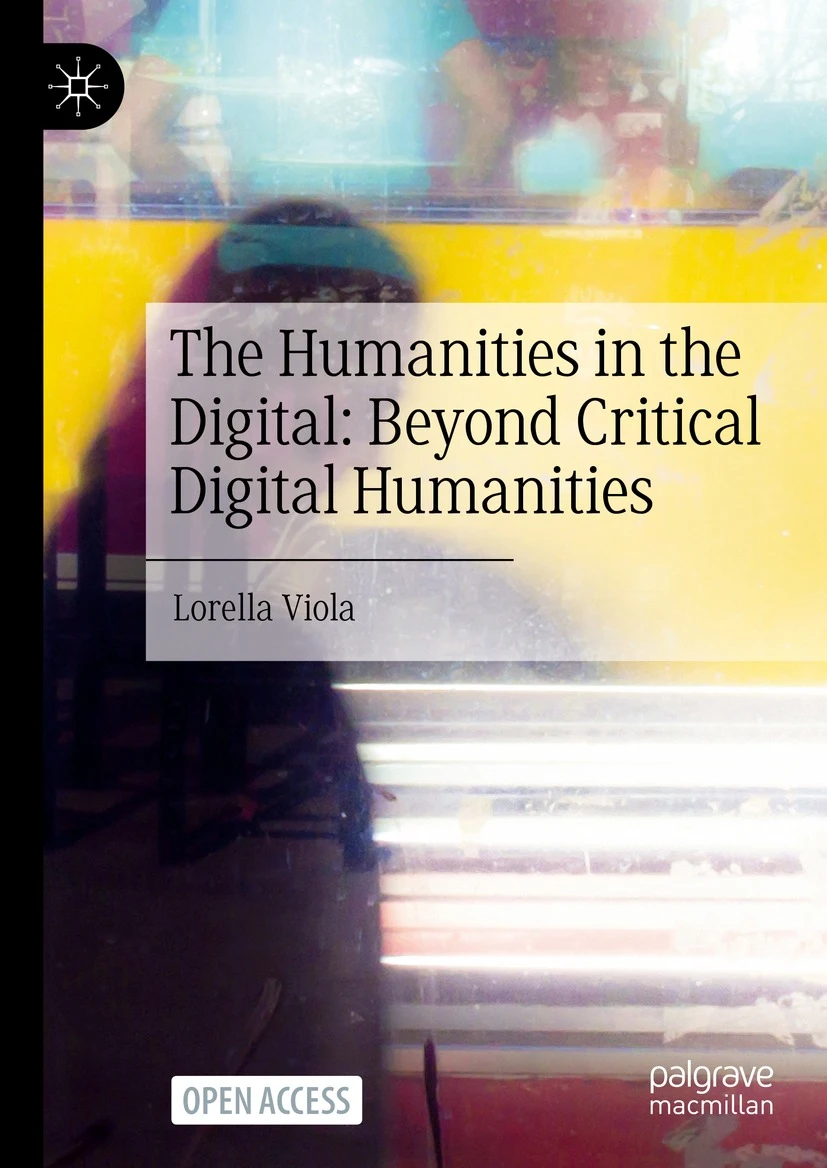In der letzten Zeit sind u.a. diese frei verfügbaren Titel erschienen:
Campus Medius: Digitales Kartografieren in den Kultur- und Medienwissenschaften /
Campus Medius: Digital Mapping in Cultural and Media Studies
Simon Ganahl
deutsche Ausgabe: https://doi.org/10.14361/9783839456002
englische Ausgabe: https://doi.org/10.14361/9783839456019
Campus Medius erforscht und erweitert die Möglichkeiten der digitalen Kartografie in den Kultur- und Medienwissenschaften. Simon Ganahl dokumentiert die Entwicklung des Projekts von einer historischen Fallstudie zur Mapping-Plattform. Ausgehend von der Frage, was eine mediale Erfahrung ist, werden die Konzepte des Dispositivs und des Akteur-Netzwerks in ein Datenmodell übersetzt. Als Labor dient ein Zeit-Raum von 24 Stunden im Mai 1933 in Wien, der von einer austrofaschistischen »Türkenbefreiungsfeier« geprägt ist. Diese Massenkundgebung wird multiperspektivisch kartografiert und in medienhistorische Netzwerke eingeflochten, die sich vom 17. Jahrhundert bis in unsere Gegenwart aufspannen.
Campus Medius explores and expands the possibilities of digital cartography in cultural and media studies. Simon Ganahl documents the development of the project from a historical case study to a mapping platform. Based on the question of what a media experience is, the concepts of the apparatus (dispositif) and the actor-network are translated into a data model. A time-space of twenty-four hours in Vienna in May 1933, marked by a so-called »Turks Deliverance Celebration« (Türkenbefreiungsfeier), serves as an empirical laboratory. This Austrofascist rally is mapped from multiple perspectives and woven into media-historical networks, spanning from the seventeenth century up to the present day.
Digital Humanities Workshops: Lessons Learned
Laura Estill & Jennifer Guiliano (Herausgeberinnen)
https://doi.org/10.4324/9781003301097
Digital Humanities Workshops is the first volume to focus explicitly on the most common and accessible kind of training in digital humanities (DH): workshops.
Drawing together the experiences and expertise of dozens of scholars and practitioners from a variety of disciplines and geographical contexts, the chapters in this collection examine the development, deployment, and assessment of a workshop or workshop series. In the first section, „Where?“, the authors seek to situate digital humanities workshops within local, regional, and national contexts. The second section, „Who?“, guides readers through questions of audience in relation to digital humanities workshops. In the third and final section, „How?“, authors explore the mechanics of such workshops. Taken together, the chapters in this volume answer the important question: why are digital humanities workshops so important and what is their present and future role?
Digital Humanities Workshops examines a range of digital humanities workshops and highlights audiences, resources, and impact. This volume will appeal to academics, researchers and postgraduate students, as well as professionals working in the DH field.
The Humanities in the Digital: Beyond Critical Digital Humanities
Lorella Viola
https://doi.org/10.1007/978–3‑031–16950‑2
This open access book challenges the contemporary relevance of the current model of knowledge production. It argues that the full digitisation of society sharply accelerated by the COVID-19 pandemic has added extreme complexity to the world, conclusively exposing the inadequacy of our current model of knowledge creation. Addressing many of the different ways in which reality has been transformed by technology – the pervasive adoption of big data, the fetishisation of algorithms and automation, and the digitalisation of education and research – Viola examines how the rigid conceptualisation in disciplines’ division and competition is complicit of promoting a narrative which has paired computational methods with exactness and neutrality whilst stigmatising consciousness and criticality as carriers of biases and inequality. Taking the humanities as a focal point, the author retraces schisms in the field between the humanities, the digital humanities and critical digital humanities; these are embedded, she argues, within old dichotomies: sciences vs humanities, digital vs non-digital and authentic vs non-authentic. Through the analysis of personal use cases and exploring a variety of applied contexts such as digital heritage practices, digital linguistic injustice, critical digital literacy and critical digital visualisation, the book shows a third way: knowledge creation in the digital.



